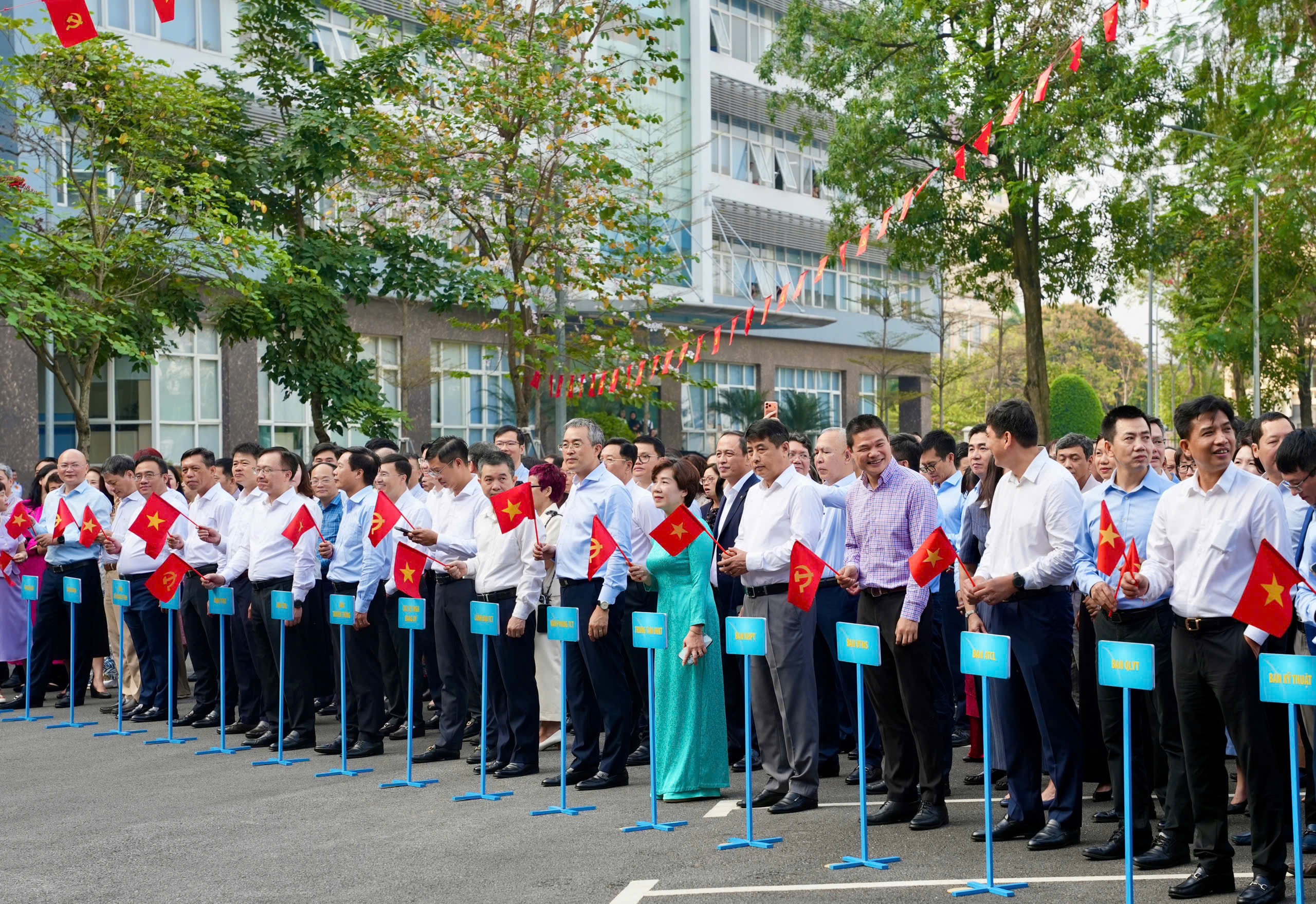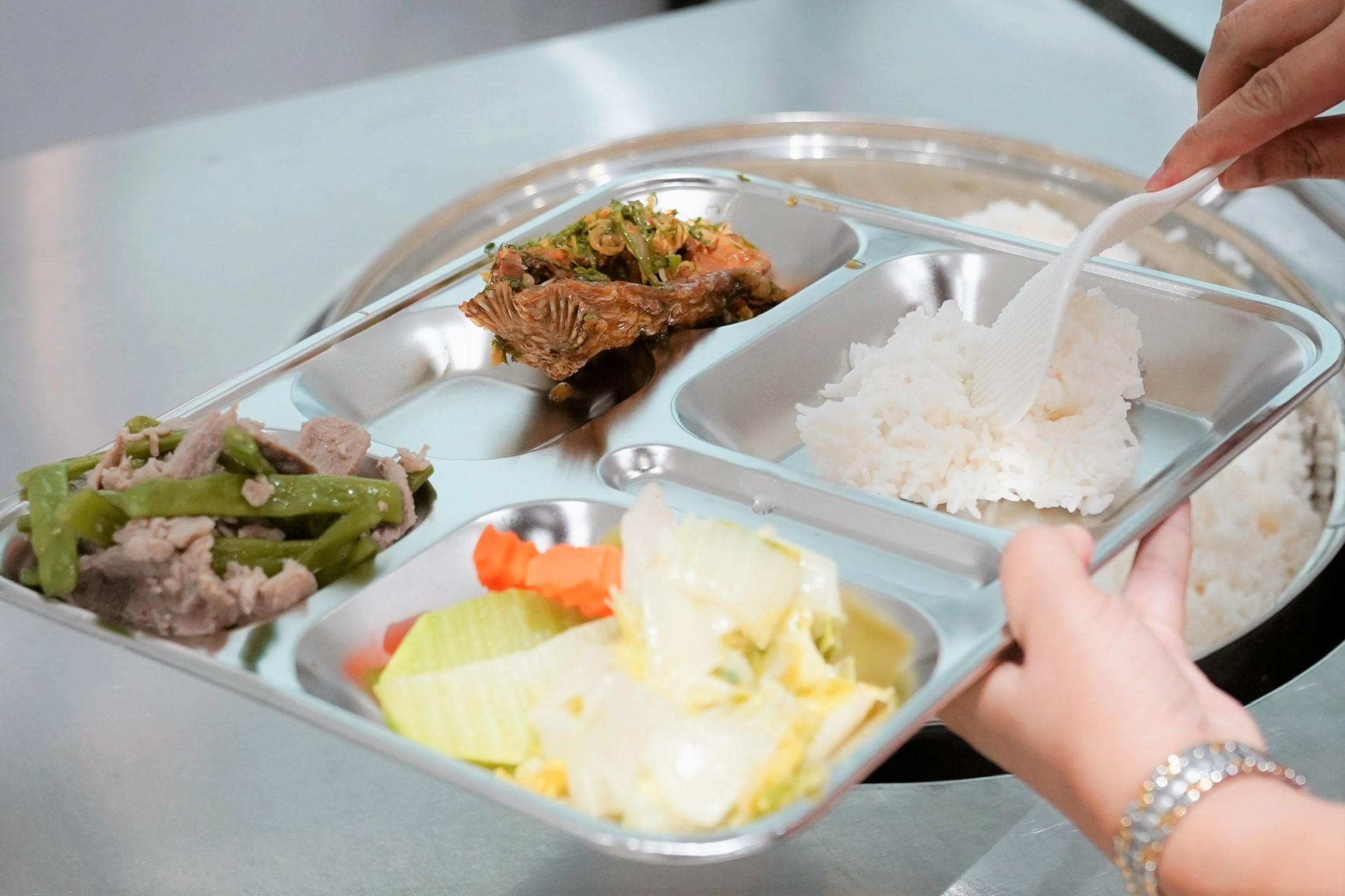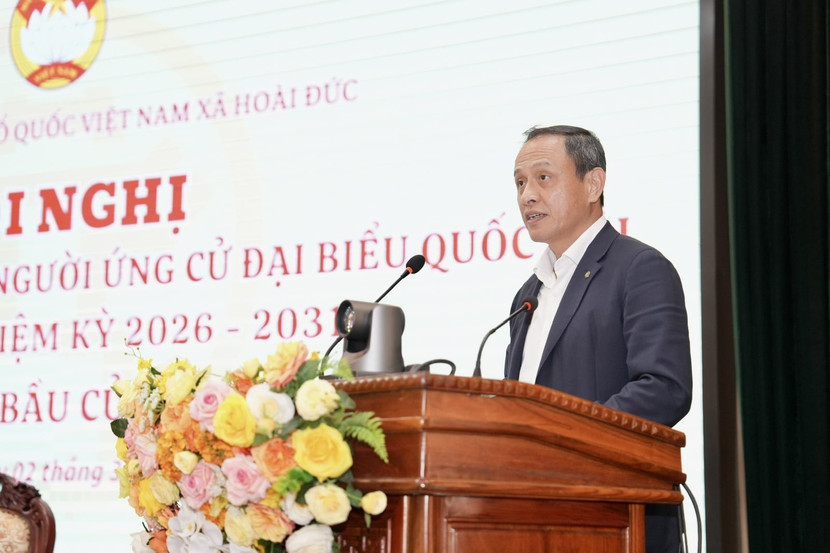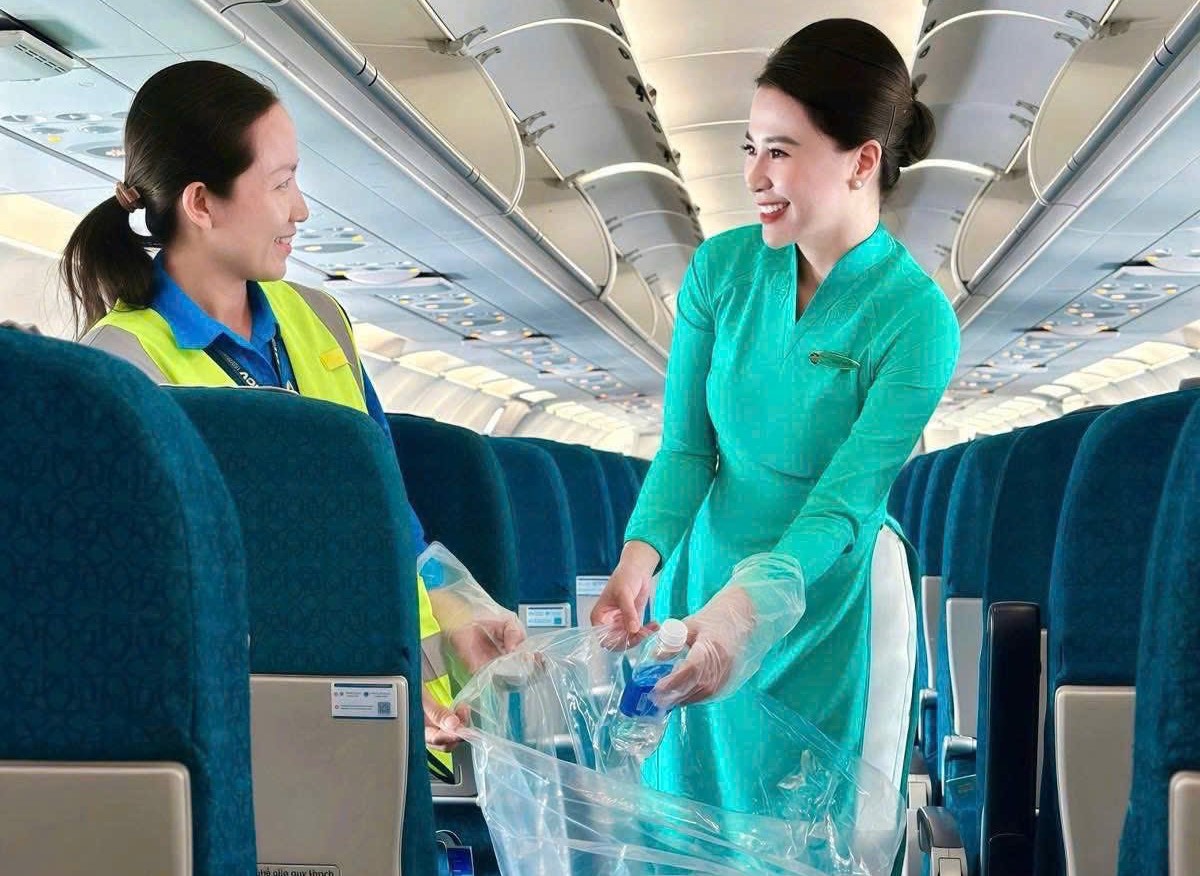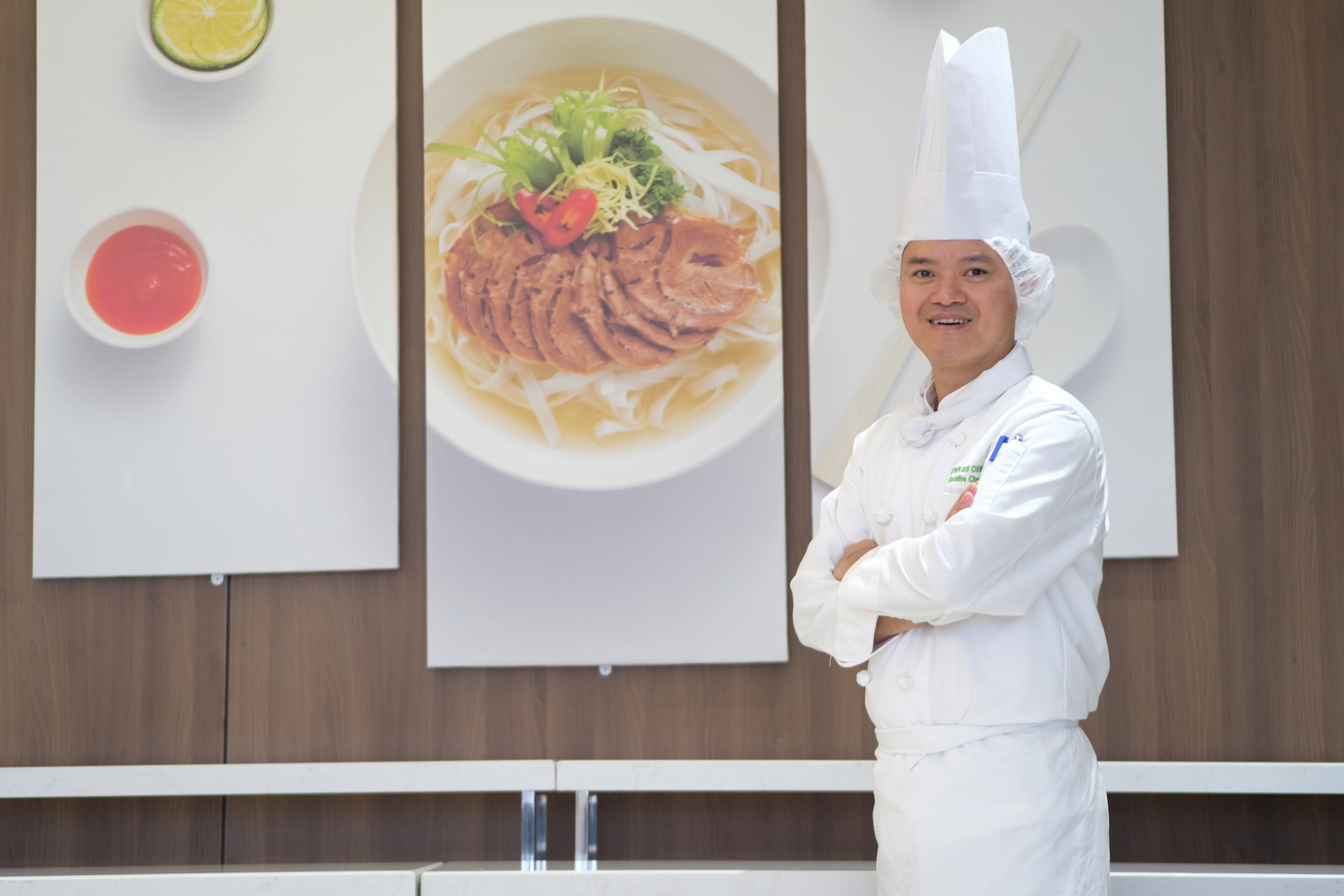
On a lovely November morning, when VNA Spirit paid Mr. Cuong a visit at the Noibai Catering Services Joint Stock Company (NCS), he was busy preparing for an intensive chef training session accompanied by a foreign teacher.
“A French chef will arrive soon to help improve the expertise and experience of NCS’ cooks on European dishes,” he said, all the while motioning his subordinates to get lamb, beef loins, salmon, codfish, vegetables, spices, etc., prepared for the training session.
“Being a chef requires you to always be broadening your knowledge,” Mr. Cuong said as he put his assistant in charge of the class so that we could come to the office with a view of Noi Bai Airport and the constant airplane takeoffs and landings.
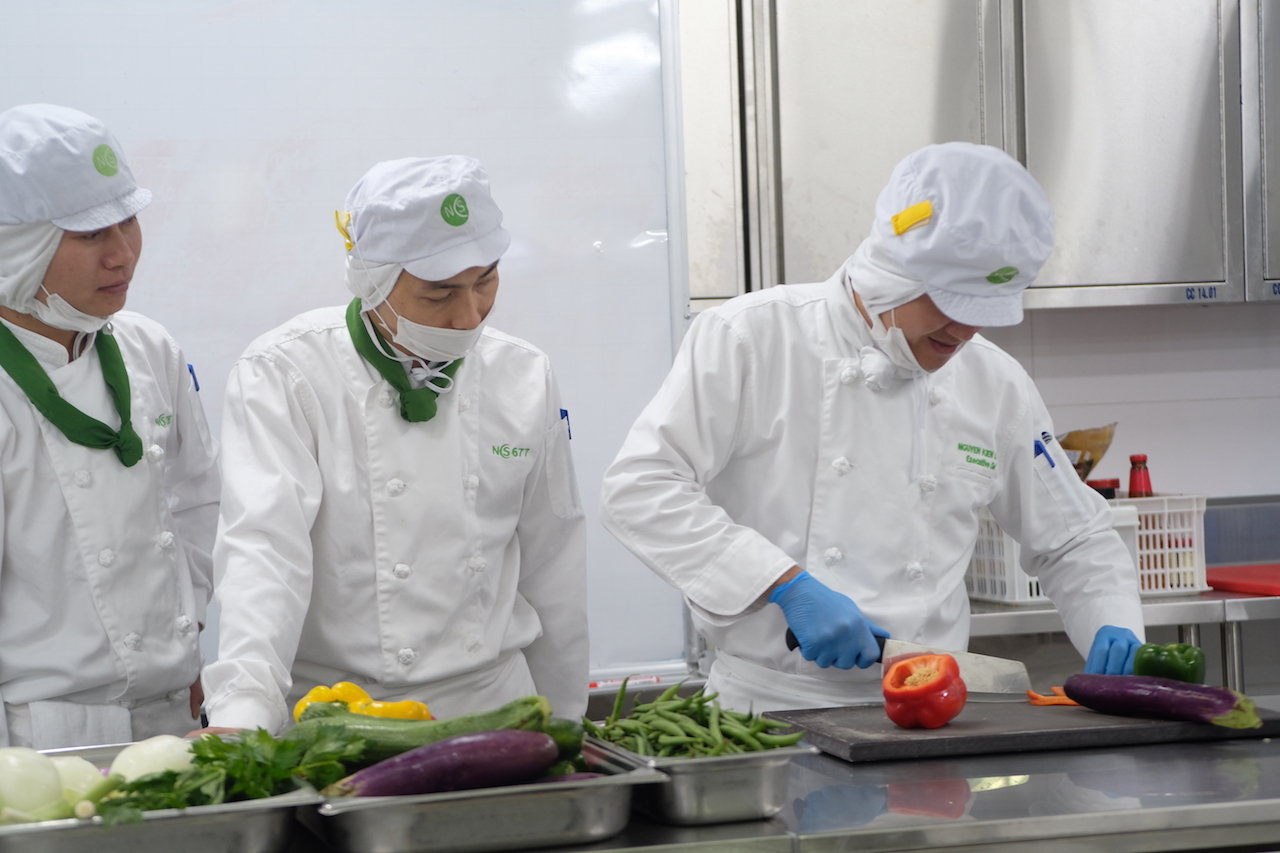
From a passion for good food
In 1998, Mr. Cuong started majoring in Food Preparation at the Hanoi Tourism College. With outstanding academic achievements, he was sent to Luxembourg to major in European Food Preparation. After perfecting his professional knowledge, he returned to Vietnam in 2002 to work for several five-star hotel restaurants, such as Sunway Hotel, Hanoi Club, Fortuna, etc.
At the beginning of 2004, he participated in a Vietnamese cuisine cultural exchange program that was organized in several Southeast Asian countries (i.e., Malaysia, Singapore) to promote the gastronomic culture of his home country. At the end of this year, he received an offer and worked for a few five-star hotels in Malaysia, such as Corus Hotel, Holiday Villa Hotel, etc.
“In 2009, I became a part of the NCS family, and I have stayed here for the past ten years,” he recalled. From the position of Line Cook, he was promoted to Chef de Partie, and then Executive Chef in 2014. Every day, NCS produces an average of 20,000 meals per day for 20 different airlines.
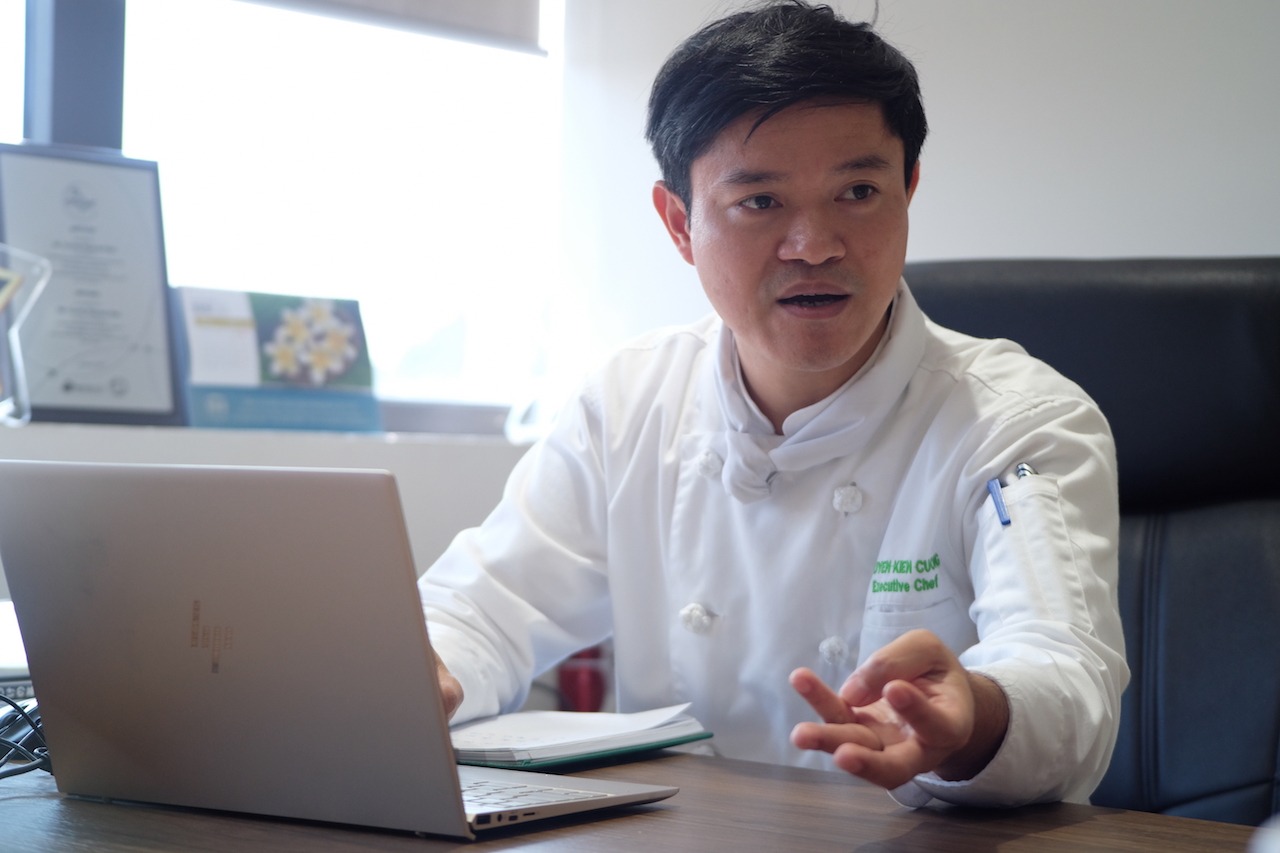
Mr. Cuong said: “Moving from restaurants and hotels to work at Noibai Catering Services makes me feel as though I began as a small stream which has now flowed into the vast sea. At NCS, we have a diverse recipe bank with dishes from many cuisines of different regions and nations throughout the world.”
He added that nowadays, the field of airline catering service has adopted the “Farm to Flight” initiative and is working towards giving passengers a dining experience similar to that in a standard restaurant. “When we achieve this, the distance between restaurant dining and in-flight dining will be lessened.”
“Here at NCS, food safety and hygiene for diners is our top priority, as they have the meal while flying thousands of meters above the ground,” Mr. Cuong affirmed.
To the passion for teaching
Thanks to his many years working at different positions, Mr. Cuong has gained various experience in cooking, from European dishes – namely British, French, etc., to Islamic specialties, i.e., Middle Eastern & Malaysian dishes. “I teach my colleagues at the Company every piece of knowledge and experience I have, so that every time we present our dishes to potential customers, they’ll gasp and say: ‘Wow, this really is our dish.’”
Mr. Cuong proudly shared: “Experts at several Japanese airlines that are the NCS’ clients such as Japan Airlines, and All Nippon Airways commented that the NCS’ Japanese dishes taste as if their local chefs cooked them – they have completely captured the distinguished flavors of Japanese cuisine.” That’s why Noibai Catering Services has been trusted by so many customers for such a long time.
He said that he started his training in 2004 when he was working as the Sous-Chef. As he went to study in Malaysia and Singapore, he had the opportunity to teach fellow cooks how to cook Vietnamese dishes to promote the culture and cuisine of the country.
When he worked at hotels as a Station Chef, he was usually assigned to guide and to train his subordinates.
“Back then, when technology wasn’t as developed, we didn’t get to use computers to make slides or have projectors, so we just used physical documents or Word files. Every time I go on a business trip to other countries, I bring back a great number of cookbooks – there was a time I hauled over 40 kg in books,” he laughed.
When information technology was finally widely applied, chef training benefited from it by using slides, presentation videos, and documents that were made more accessible online. However, for Mr. Cuong, “the book is still a true friend you can’t go without,” he said as he grabbed the book “Slow Cook” to demonstrate.
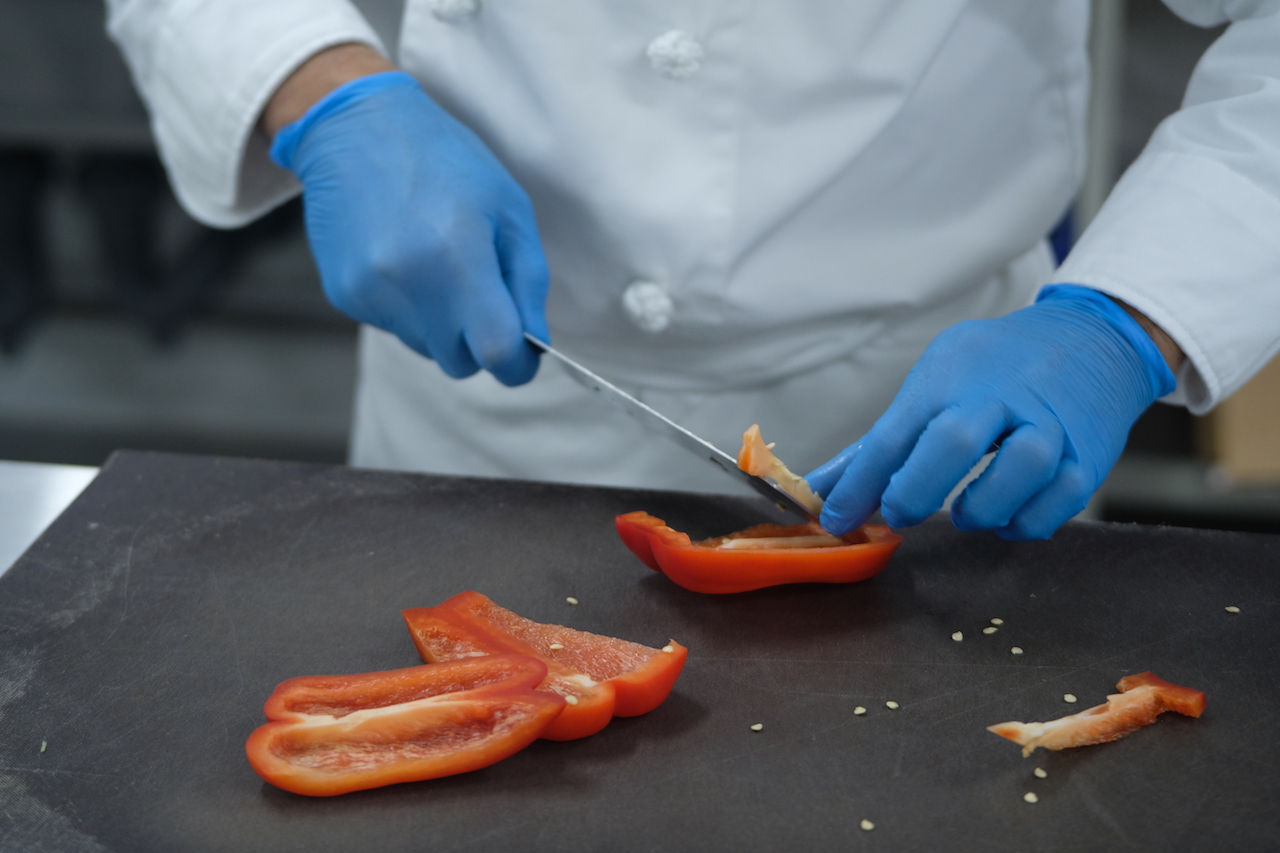
He currently focuses on training a team of gourmet chefs. Moreover, he has received an invitation to evaluate the national test of food preparation techniques of the Vietnam National Administration of Tourism – the theoretical session as well as the practical exam.
A few years ago, Mr. Cuong taught a class for the Cabin Crew Division on Asian, European, Japanese, and South Korean dishes. “I instructed flight attendants how to present each dish, introduce its origin, method of cooking, as well as its specificities. If they fully understand this information, they can easily impress the passengers as they introduce the meal.”
Teaching is also learning
When he worked at hotels, he frequently collaborated with lecturers from several colleges and vocational establishments in Hanoi in teaching and training learners. He realized that teaching provides him with a lot of experience that he can use in his primary job as a chef. “When we chefs teach, it’s a win-win situation. The school and the students receive hands-on, detailed instructions while we get to update our knowledge and conveniently recruit more cooks.”
Therefore, Mr. Cuong encourages his head chefs and sous-chefs to teach in schools or to train the national chef team for international competitions.
“Teaching is an interesting experience; for example, I get to brush up on knowledge I learned a long time ago and have since forgotten. Through teaching, we’ve realized that students can come up with fascinating solutions,” he shared.
Besides teaching, he thinks that focused & mindful eating is another great way for cooks to learn. Hence, NCS usually lets its cooks attend food fairs, or arranges eat-outings to discover new dishes and trends from other places. Or while on business trips, or product introduction trips in foreign countries, the chef crew tends to chip in on an eat-out fund to learn more about cuisines from other countries.
“Each chef, as they eat a dish, read about a dish, see a photo of a dish, will instantly analyze its ingredients and the methods of cooking used,” he said. Speaking of a chef’s most important quality, he affirmed that it must be passion. In regards to training, ‘creative product design,’ and ‘keeping up with the newest trends’ are essential for the development of the Company, he believes.
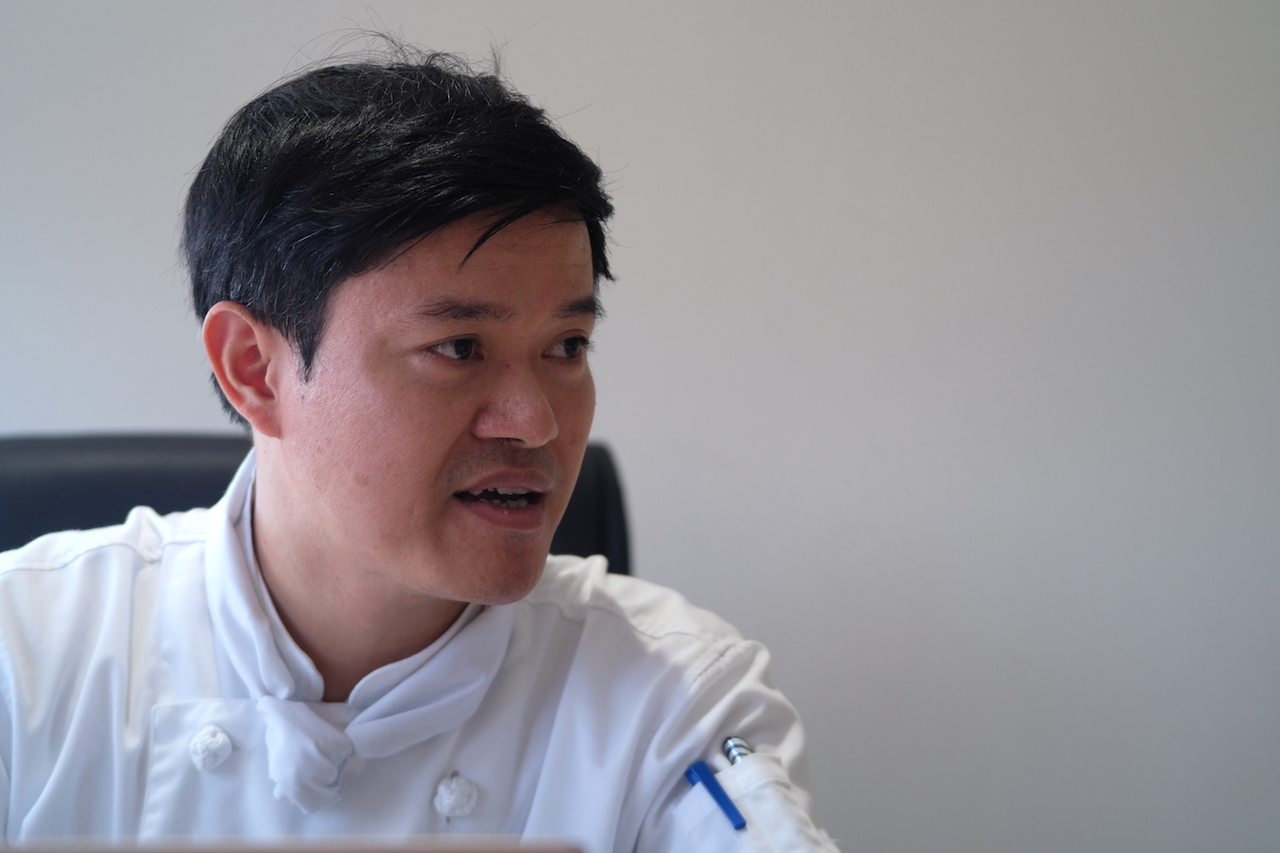
“NCS’ teaching team is still small. I hope that the internal teaching crew will grow bigger and better, cooperate with experts from the outside and that the Company will create more favorable conditions for the training process so that these cooks are frequently updated with new global discoveries in this field.
Nguyen Mai Huong-COMM






